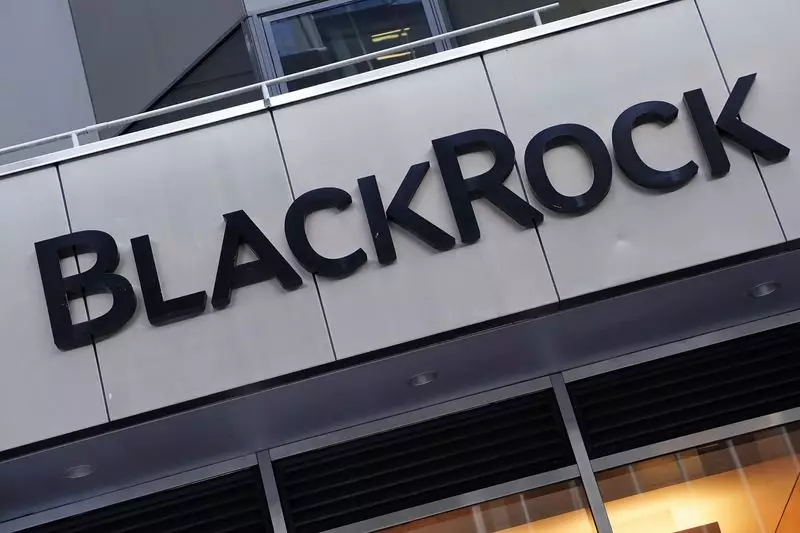In recent developments, the Federal Deposit Insurance Corporation (FDIC) has provided an extended deadline until February 10 for BlackRock, one of the world’s foremost asset management firms, to address oversight issues related to its investments in FDIC-regulated banking entities. According to reports from Bloomberg News, these developments are rooted in a series of previous deadlines that BlackRock repeatedly failed to meet, further complicating an already tense relationship between the asset manager and federal regulators.
The implications of this situation are significant, as the FDIC has hinted at a possible investigation into BlackRock’s practices should the company fail to make adequate improvements by the new deadline. The pressure from the FDIC emphasizes the regulatory scrutiny that major asset management firms face, especially given their substantial influence over market stability and financial ecosystems. As BlackRock continues to operate under the shadow of regulatory oversight, the ultimate goal remains to ensure that their passive investment strategies do not pose a risk to the financial system.
This ongoing conflict isn’t new, as it stems from an evolving narrative between the FDIC and major players in the asset management industry, notably BlackRock, Vanguard, and State Street. During this tug-of-war, Vanguard successfully negotiated terms for a passivity agreement with the FDIC just before the new year, setting a precedent that BlackRock has struggled to follow. The complications have arisen from the FDIC’s attempts to clarify the rules surrounding passive investments in banks, an area which has seen growing investment interest and increasing concerns regarding financial stability.
The Size of the Stakes
BlackRock, alongside Vanguard and State Street, manages an astonishing combined total of approximately $26 trillion in assets. This immense market power underscores the necessity for practical regulation, as these firms exert significant influence over the governance of large U.S. corporations. The concerns raised by regulators regarding passive investment strategies reflect broader worries over market concentration and stability. Since the last financial crisis, there has been a massive influx of investments into low-cost index funds, leading these firms to rapidly rise in prominence and power.
The Road Ahead for BlackRock
As BlackRock navigates this precarious situation, it faces the dual challenge of responding adequately to regulatory demands while maintaining investor confidence. The extension of the deadline provides a glimmer of hope for BlackRock to align with the FDIC’s expectations, but the company must act swiftly to avoid the pitfalls of further regulatory actions, which could include deeper investigations or restrictive agreements. Stakeholders will be closely watching the developments leading up to February 10, as the outcomes will not only impact BlackRock but also set a precedent for regulatory engagements with other asset managers in the future.
As BlackRock grapples with its regulatory challenges, the outcomes will serve as crucial testaments to the evolving dynamics of oversight in the asset management sector. With the stakes determinedly high, the firm’s response could serve as an important benchmark for future interactions between industry giants and regulatory authorities.

